Six incredible pictures of galaxy collision


As part of celebrating the new year, he owns the NASA / ESA Hubble Space Telescope Published Six different galaxy mergers. These rare astronomical phenomena were captured as part of a recent survey to investigate the rate of new star formations.
As part of the release, NASA / ESA explains that these rare merging events show galaxies undergoing drastic changes in their stellar appearance and content.
„These systems are excellent laboratories for tracking the formation of stellar clusters under extreme physical conditions,” the organization wrote. The Milky Way galaxy normally forms star clusters with masses equal to 10,000 times the mass of our sun. This is not comparable to the mass of stellar clusters that form in the collision of galaxies, which can reach millions of times the mass of our sun.
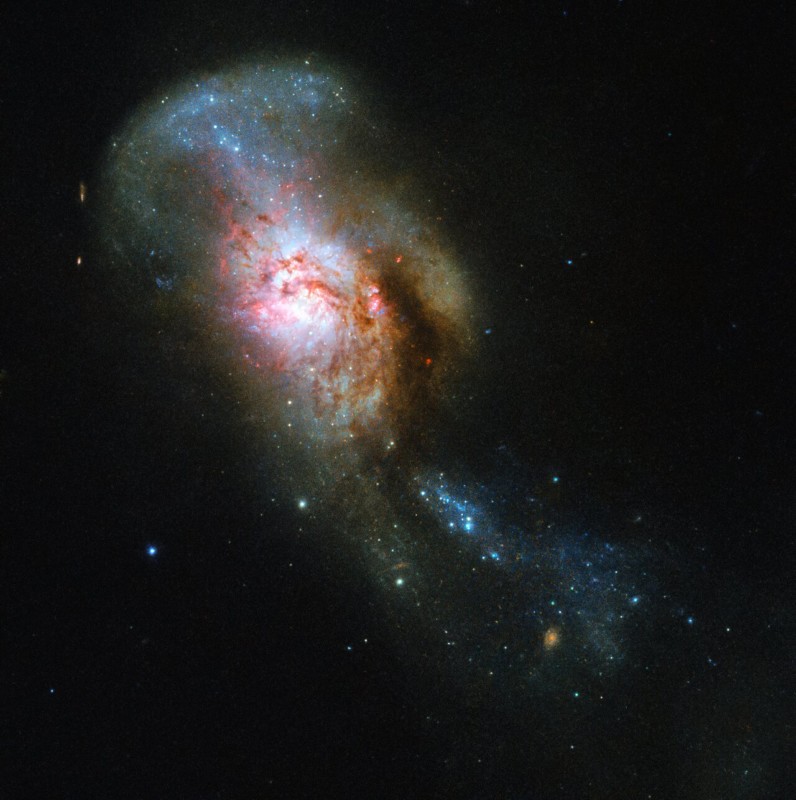


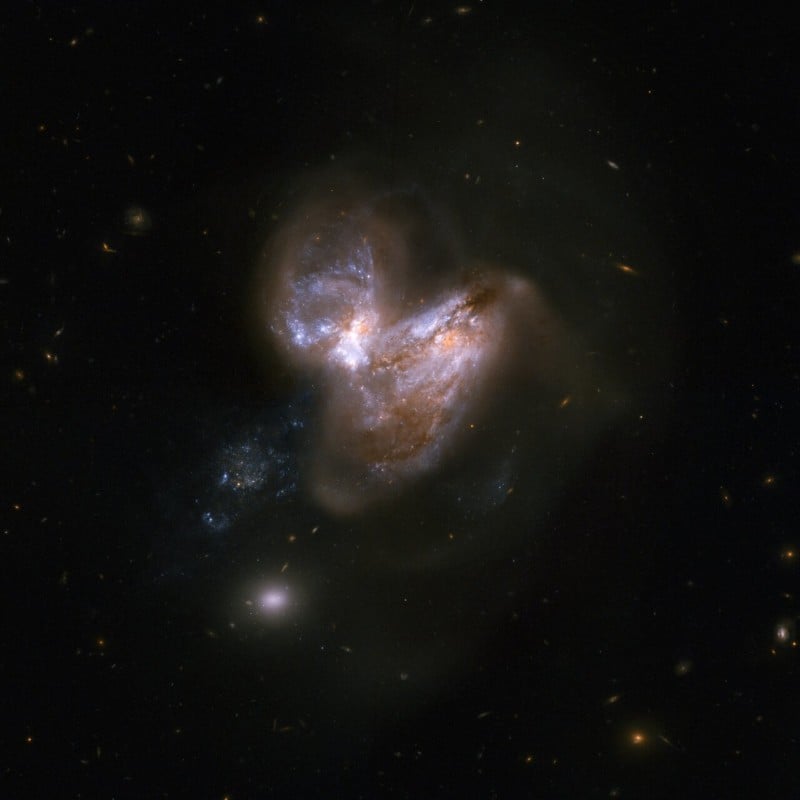


These events give off a lot of light, and even after the collision, when the resulting galactic system fades into a calmer state, massive star clusters will continue to shine brightly.
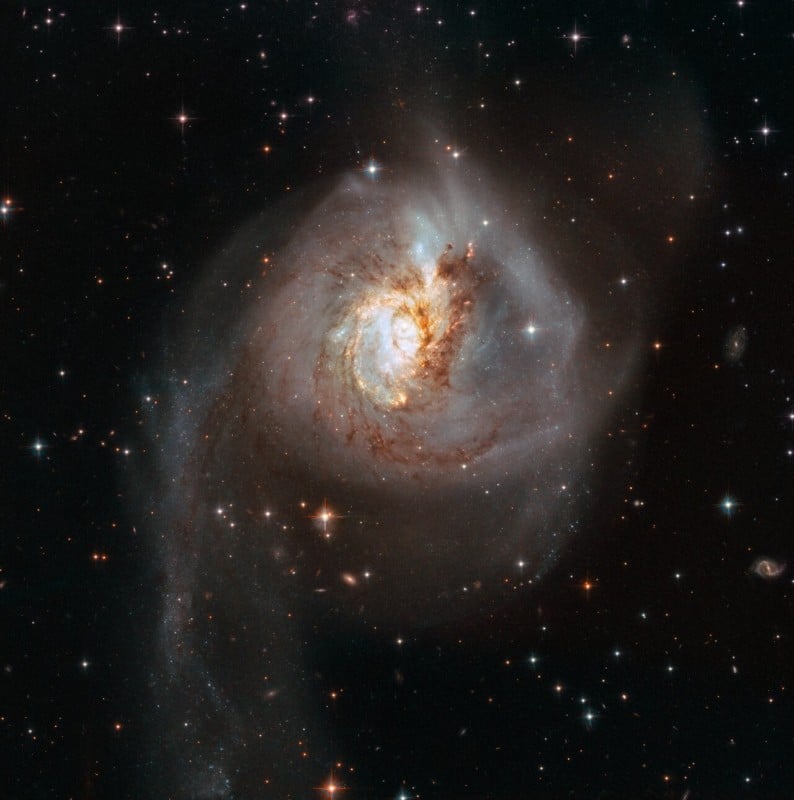


These photos are a selection of six from Set of 59 Which was published early 2008 through October 2020.
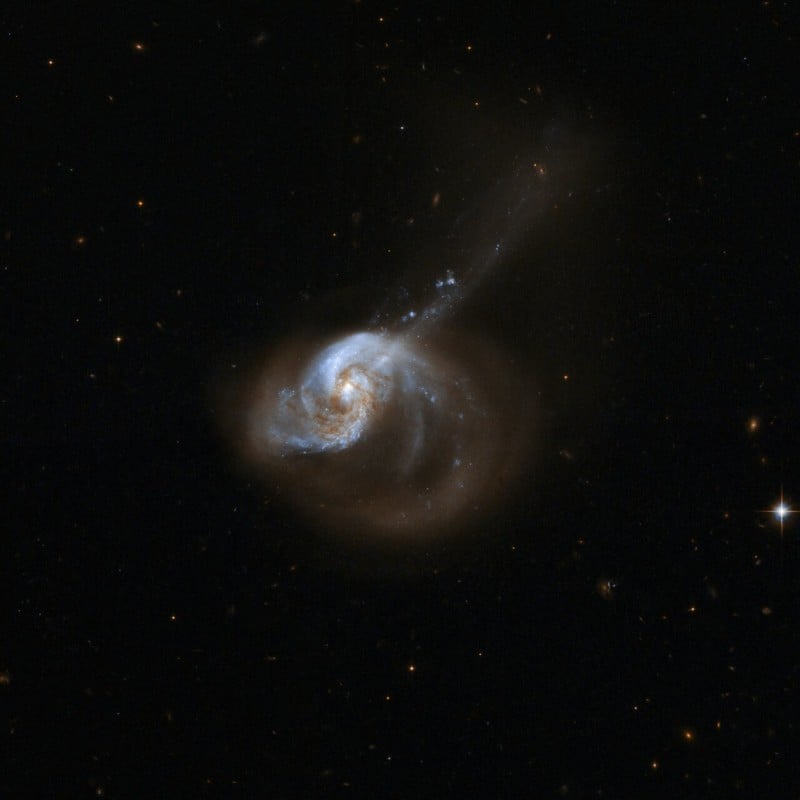


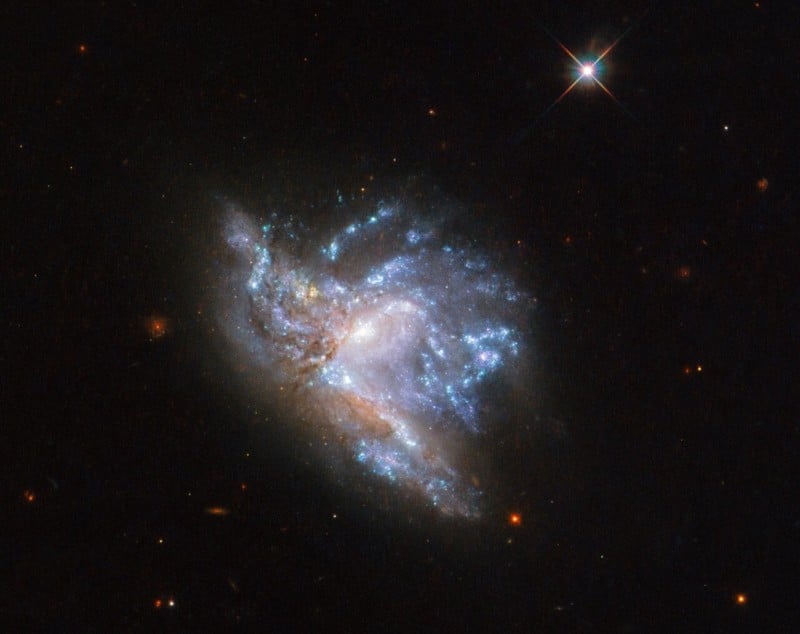


„By studying the six galaxy mergers described here, the Hubble Imaging Survey of Extreme Environments and Clusters (HiPEEC) investigated how star clusters during collisions are affected by rapid changes that greatly increase the rate of new star formation in these galaxies, writes NASA / ESA.
“Hubble’s capabilities have made it possible to solve the” knot „of large star formation into many compact young star groups. Hubble’s observations of ultraviolet and near-infrared radiation from these systems have been used to derive star mass ages, masses, and extinctions and to analyze the rate of star formation within these six galaxies The HiPEEC study reveals that star clusters undergo large and rapid changes in their properties, with the most massive clusters forming at the end of the fusion stage.
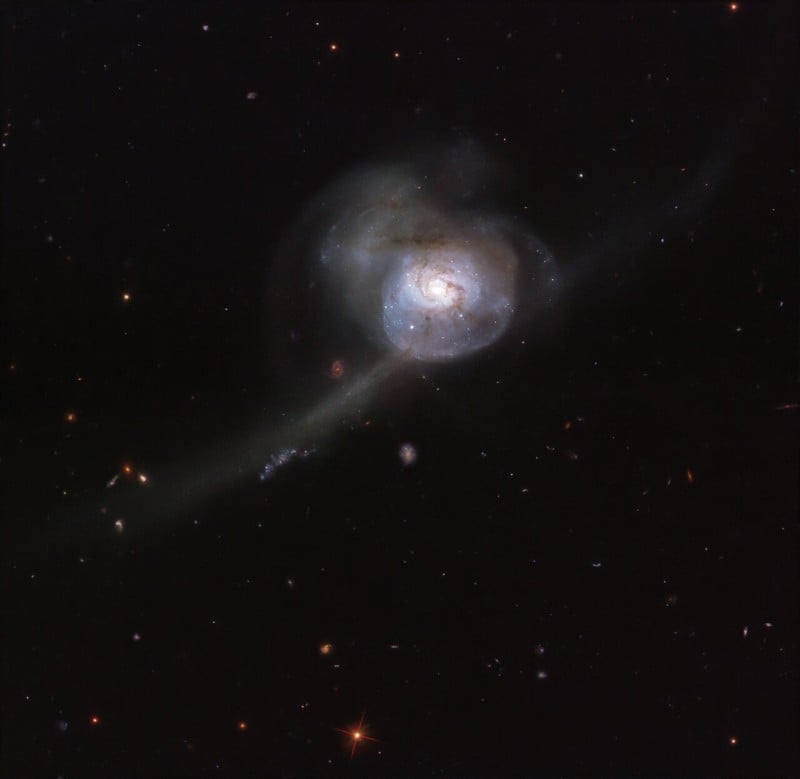


(Across Mashable)
Image credits: Images provided by the European Space Agency / Hubble, NASA


„Creator. Amator de cafea. Iubitor de internet. Organizator. Geek de cultură pop. Fan de televiziune. Mândru foodaholic.”
